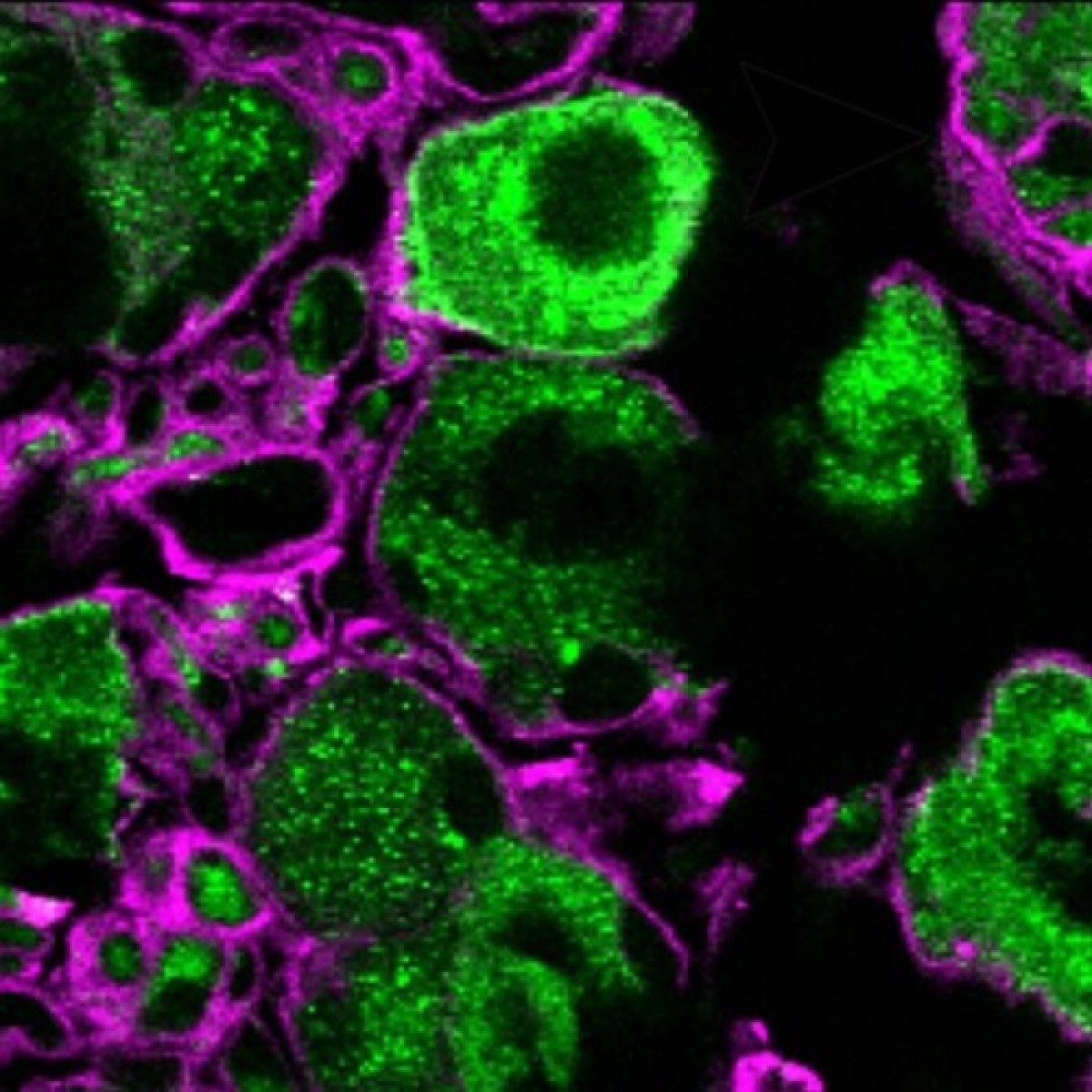Outcomes of dogs with apocrine gland anal sac adenocarcinoma treated surgically
The goal of this retrospective study was to evaluate the postoperative complication rate and local recurrence rate of apocrine gland anal sac adenocarcinoma (AGASACA) in dogs surgically treated with a modified closed anal sacculectomy technique between 2015 and 2022.
Medical records were evaluated for patient demographics and history, physical examination findings, diagnostic imaging, incidence of concurrent neoplasia, postoperative complications, and incidence and time to local recurrence in dogs histologically diagnosed with AGASACA. Dogs with at least 150 days of follow-up were included in evaluation of local recurrence.
Forty-seven client-owned were considered for the study. Two dogs were euthanized at 4 and 11 days after surgery. Forty-five dogs were included for long-term local recurrence evaluation, with a median of 364 days of follow-up (range 156-2156 days). Only one dog (2.2%) developed local recurrence with a time to recurrence of 90 days. Postoperative complications were reported in 15 dogs (31.9%) and were considered minor in 14 dogs (93.3%) and major in one dog (6.7%). Mean survival time for the 20 dogs that were deceased as of November 1, 2022 was 521 days (range 156-1409 days) and the median survival time was 388 days.
The modified closed anal sacculectomy technique resulted in a lower AGASACA local recurrence rate than previously reported in the veterinary literature with a comparable postoperative complication rate. To conclude, this technique may reduce the need for adjuvant radiation therapy and potentially chemotherapy in AGASACA patients.
“Outcomes of dogs with apocrine gland anal sac adenocarcinoma treated via modified closed anal sacculectomy (2015-2022)”. Emma L Davey, et al. Vet Surg. 2024 Mar 13. doi: 10.1111/vsu.14084.
Source: https://onlinelibrary.wiley.com/doi/full/10.1111/vsu.14084














List
Add
Please enter a comment